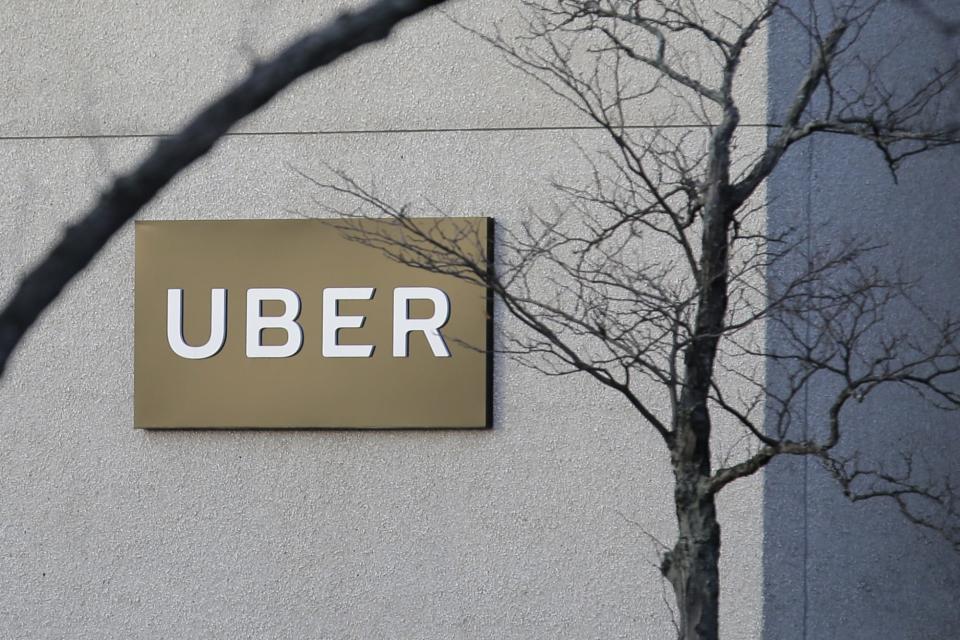German court bans Uber’s ride-hailing service
The company says it’s assessing the decision before deciding its next move.
Uber has suffered another major setback in Europe. According to Reuters, a court in Germany ruled on Thursday that the company doesn't have the necessary license to operate a business that employs for-hire drivers.
In Germany and other parts of the European Union, Uber operates differently than it does in North America. Due to a 2017 decision by the EU's highest court, the company works exclusively with private hire vehicle (PHV) companies and their licensed drivers. Today's decision effectively bans the company from offering rides to people in the seven cities where Uber operates in Germany.
In addition to the license violation, the court found several issues with Uber's dispatching process, including the fact that drivers could accept a job within its app without their official employer first receiving it. Additionally, under German law hired cars are obligated to return to their firm's main office after dropping a passenger off.
"From a passenger's point of view, Uber provides the service itself and is therefore an entrepreneur," the court said, going on to add that Uber must comply with the country's passenger transport laws.
The German taxi association that brought the legal challenge against Uber said it plans to seek immediate provisional enforcement of the ban. Uber could pay fines as high as €250,000 per ride if it doesn't comply with the court's decision. The company can appeal the ruling, however.
"We will assess the court's ruling and determine next steps to ensure our services in Germany continue," a spokesperson for the company told TechCrunch. "Working with licensed PHV operators and their professional drivers, we are committed to being a true partner to German cities for the long term." We've reached out for additional comment and information, and we'll update this article when the company responds.
This latest court decision caps off a rough end of the year for Uber. In late November, London declined to issue the company a new license to operate in the city. Transport for London (TfL), the city's ride-hailing regulator, said it identified "a pattern of failures" when it came to Uber's safety track record. Both decisions come at a time when Uber can't afford to lose large markets. In its first post-IPO earnings report, the company said it had a net loss of $1.1 billion.



